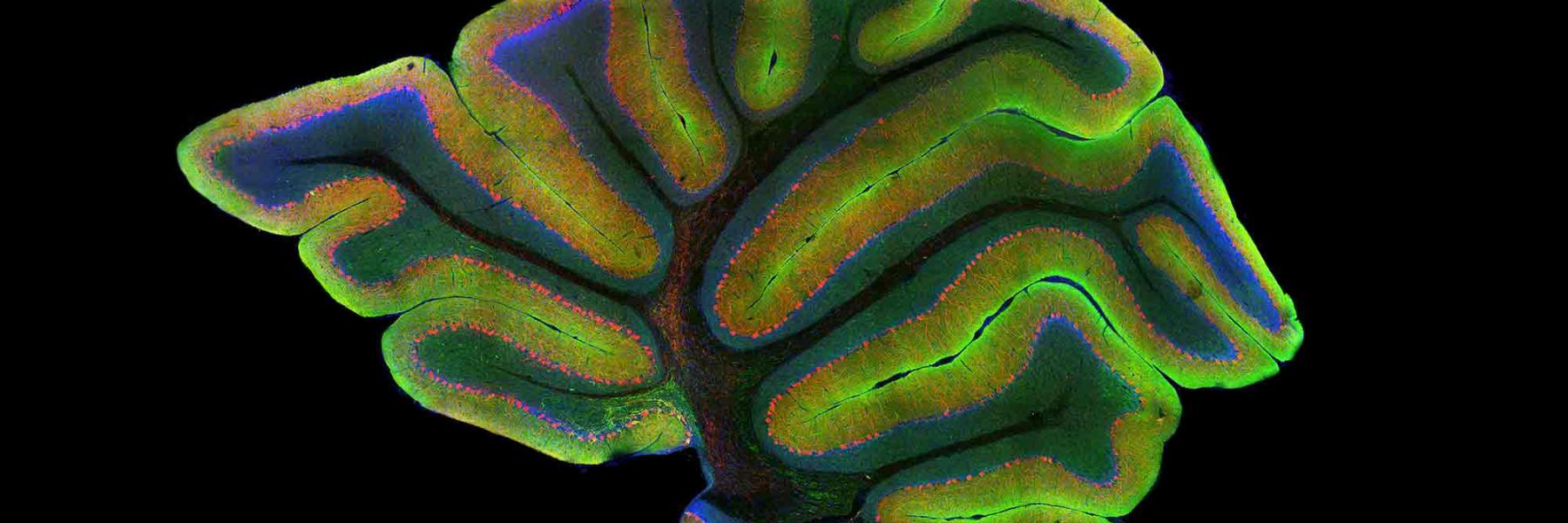Neurobiology research in MCDB is a remarkably broad-based, collaborative and interdisciplinary endeavor. Our students and faculty are investigating exciting issues ranging from the development of the nervous system to sensory signaling, animal behavior, neurodegenerative conditions (such as Alzheimer's, Macular Degeneration and retinal detachment), regeneration of the nervous system using stem cell biology and regenerative medicine and molecular mechanisms underlying intracellular protein trafficking. To study these many research areas, we are employing state-of-the-art strategies and technologies in biophysics, biochemistry, electrophysiology, molecular genetics, behavioral assays, molecular biology and cell biology. Our work includes work on many model organisms, ranging from worms to flies and mice. Our many UCSB collaborators come from all over the campus including the Departments of Chemistry and Biochemistry, Psychological and Brain Sciences, Physics, Materials, Computer Science and the College of Engineering. A web portal that gives a comprehensive overview of neuroscience research at UCSB can be found at the UCSB Neruoscience Website.
